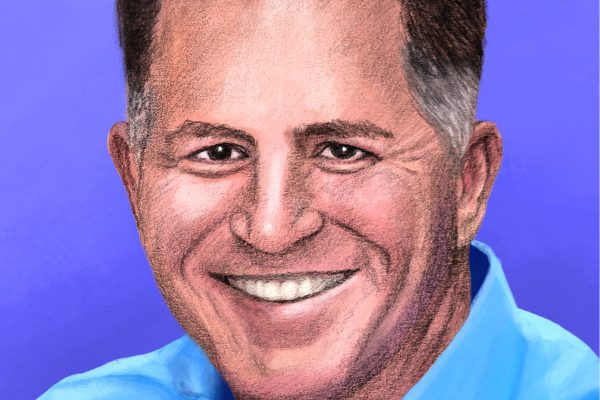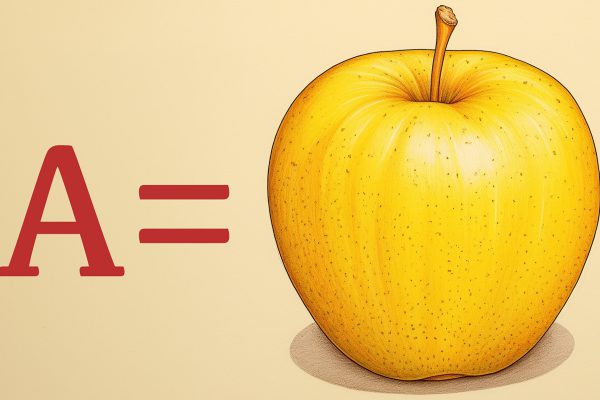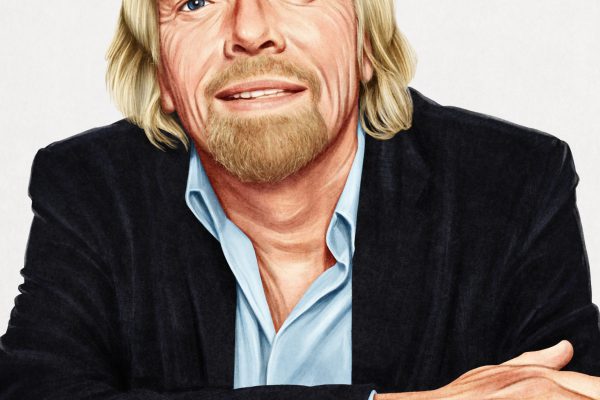thenugget.instaread offers audio versions of articles using Instaread. Some words may be mispronounced.
Have you been looking for ways to improve your life, either professionally or personally? You don’t have to reinvent the wheel. Successful professionals often borrow tactics and routines from one another to achieve their goals. By emulating the habits of effective people, you can make incremental changes to your life that add up to huge gains. This list of tools and practices comes pre-approved by successful leaders and entrepreneurs:
1. Take Long Walks
In the late nineteenth century, the German philosopher Friedrich Nietzsche had to quit his job. He was in poor health and often suffered from excruciating migraines. Sometime during this period, he started taking long walks, exploring the beautiful walking trails that crisscrossed Europe. He sometimes walked for nearly eight hours, stopping only to think or write down a few words in a journal he carried with him. As Cal Newport explains in his 2019 book, Digital Minimalism, Nietzsche’s walking habit became an intrinsic part of his character. It also gave the philosopher time to think. Walking helped Nietzsche create some of his most important works, including the text that would introduce his philosophy to the world, a now famous 1889 book titled Twilight of the Idols.
Newport shows that a number of highly effective people have used long walks for self-improvement. American Transcendentalist writer Henry David Thoreau and the novelist Wendell Berry both shared Nietzsche’s passion for walking, and considered it integral to their processes. Jean-Jacques Rousseau, an eighteenth-century philosopher and author, was also a big fan of a long, pleasant stroll. Long walks invigorate innovative thinkers because they combine opportunities for solitude and introspection with leisurely, low impact exercise. Ideally, long walks should be taken through beautiful and inspiring locations, so that the mind can engage with nature. To truly benefit from a long walk, Newport suggests, try leaving your headphones and other electronics at home. You’ll feel more refreshed if your walk is filled with your own thoughts, rather than the opinions of your favorite podcast host.
2. Adopt a Healthy Diet
Throughout the 1990s and 2000s, former President Bill Clinton struggled with his health. His weight went up and down, and he was diagnosed with a number of heart problems. In 2010, six years after he underwent an intense bypass surgery, Clinton learned that one of his surgical grafts had clogged up again, increasing his risk of cardiac arrest. Clinton’s doctors claimed that the clog was not caused by his behavior or his diet, but physician Dean Ornish disagreed. He suspected that better food and better exercise could improve the former president’s circumstances. Ornish, who has created a lifestyle program with a scientifically proven diet, reached out to Clinton and suggested he give his method a shot. Clinton agreed, and since then has lost excess weight and reversed some of the damage to his heart. He’s healthier and no longer has to undergo frequent bypasses, factors that allow him to continue his post-presidential work at the Clinton Foundation with fewer interruptions.
Ornish and his wife, Anne, outline their lifestyle program in their 2019 book, Undo It! Although it’s otherwise pretty simple, the diet the recommend asks adherents to give up their favorite foods if they contain fat, sugar, or some combination of the two. The Ornish diet is low in fat and high in protein; it prioritizes food with no added sugar, and avoids dishes made with meat or animal products. Ideally, Ornish method dieters adopt vegan dietary restrictions and seek out fresh vegetables, fruits, and complex grains to achieve balanced meals. The sacrifice is worth the rewards, however; Ornish diet adherents have more energy and are more likely to avoid chronic diseases like diabetes.
Protecting your health is important if you want to achieve your goals and improve professionally. By copying the positive dietary changes made by figures like Clinton, you can make sure sickness doesn’t slow down your path to success.
3. Read Constantly
Before guitar legend Carlos Santana begins his morning, he leafs through five books that he keeps by his bedside. These texts, which include A Course in Miracles (1976) by Helen Schucman and A Deep Breath of Life (1996) by Alan Cohen, help Santana find his footing as he starts his day. They provide pieces of wisdom that he can use to temper his mood and guide his actions as he works toward achieving his goals. Santana has read these books cover to cover multiple times, but he still finds meaning in the texts. Making space to read small pieces of each one on a daily basis enhances his ability to create music and complete projects.
Daymond John, who reveals Santana’s ritual in his 2018 book, Rise and Grind, has his own reading routine that he uses to foster success. The entrepreneur and investor, who co-hosts the reality show Shark Tank, tells readers that he regularly revisits Think and Grow Rich, a classic self-improvement book published by Napoleon Hill in 1937. John doesn’t read the book every day, but he does bring it with him often on business trips, so that he can flip to relevant passages when he needs guidance. Every couple of years, he reads through it again from start to finish, picking up new wisdom each time. Hill’s book also sparked a love of reading in John, who began picking up more self-improvement and personal finance works after finishing Think and Grow Rich at a young age.
Reading doesn’t have to be an intense, time-consuming activity. You can pick up life-changing insights in just a few moments if you skim the right section. When you subscribe to Instaread, benefitting from the wisdom of authors becomes even easier. Our in-depth reports include clear takeaways and chapter citations, so that readers can easily decide whether a book contains the information and perspectives they need to meet their goals. Instaread enhances subscribers’ understanding of their favorite works, making it a very effective tool for ambitious professionals. With dozens of books to choose from, Instaread is a great service for anyone wants to become more successful, productive, or efficient.
Books mentioned in this post include:







